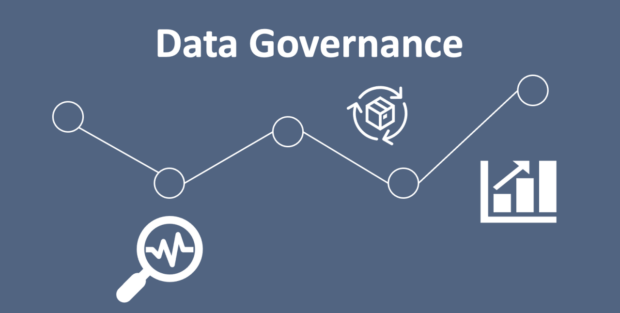Data stewards face challenges integrating and managing diverse data sources, especially with cloud technologies. Addressing data quality involves implementing a cloud-based master data management system that centralizes data and applies validation and cleansing processes for accuracy and consistency.
Cloud-based master data management solutions enable stewards to handle quality issues and provide reliable, verified data efficiently. Learning best practices and implementing cloud-based master data management helps stewards better manage and secure data resources.
Understanding data governance processes and technologies

Data is everything from businesses to governments, individuals to large corporations; the ability to manage and understand data can mean the difference between failure and success. That’s where data governance processes, technologies, and cloud master data management come in.
Effective data management processes and authorized access are crucial. Data governance involves defining data collection, storage, and analysis methods and implementing suitable technologies. Organizations can safeguard sensitive information, enhance decision-making, and become industry leaders by understanding and implementing these processes and technologies.
Staying up to date on regulatory changes
Staying updated on regulatory changes is crucial to ensure compliance in the business world. Laws and regulations change frequently, so staying informed and understanding how they affect your business is vital. This proactive approach can save you time, money, and headaches in the long run. Stay informed through industry publications or attend seminars to avoid legal issues and maintain your reputation.
Protecting data privacy and security

Data privacy and security, including cloud master data management, have become increasingly important concerns. With the abundance of personal information shared online, protecting data from cyber threats like hacking and identity theft is crucial. Both businesses and individuals can take steps to safeguard privacy. This may involve using strong passwords, being cautious of email scams, and avoiding public Wi-Fi networks for sensitive data access. By being proactive and vigilant, we can ensure our personal information remains secure.
Making sure data is accurate, complete, and consistent
In our data-driven world, accuracy, completeness, and consistency are crucial for handling data. Data is a valuable asset for any business, but decisions based on incomplete or inaccurate data can be detrimental. To ensure reliable data, use automated tools and manual checks. High-quality data leads to informed decisions and business success.
Keeping stakeholders informed of the latest developments

Communication, including cloud master data management, is key to the success of any project. Keeping stakeholders informed of project updates, such as progress, timeline changes, or unexpected obstacles. It builds trust, allows stakeholders to adjust plans, and fosters a sense of investment in the project’s success. Effective communication is two-way, so welcoming feedback and addressing concerns is important. By keeping everyone on the same page, the project stays on track.
Developing a plan for future data management initiatives
In today’s digital age, data is crucial. It drives our businesses and decisions. As we generate more, managing and organizing it becomes vital. Developing a plan for future data management is not just a good idea; it’s essential. Whether protecting customer info or driving growth, a well-executed data management strategy is key. Ready to take control and unlock its potential? Start planning for the future now.
Final Thoughts

Data governance is not just important. It is absolutely crucial for any company. Building trust among customers, partners, and stakeholders is vital to ensuring data security, responsible use, and regulation compliance. To achieve effective data governance, it is essential to clearly understand the processes and technologies involved and stay updated on the ever-evolving regulatory landscape.
Implementing robust privacy measures and safeguards is paramount to protect sensitive information and maintain data integrity. This includes establishing strong communication channels with stakeholders, fostering transparency, and creating a comprehensive plan for data management. By prioritizing data governance, companies can establish a solid foundation for success, enabling them to leverage their data’s full potential while safeguarding their customers’ privacy and trust.




























